You might think your training methods are spot on, but could you unknowingly be the source of your dog’s anxiety? Are some of your well-intentioned habits actually harming your pet?
1. Ditch Punishment-Based Methods
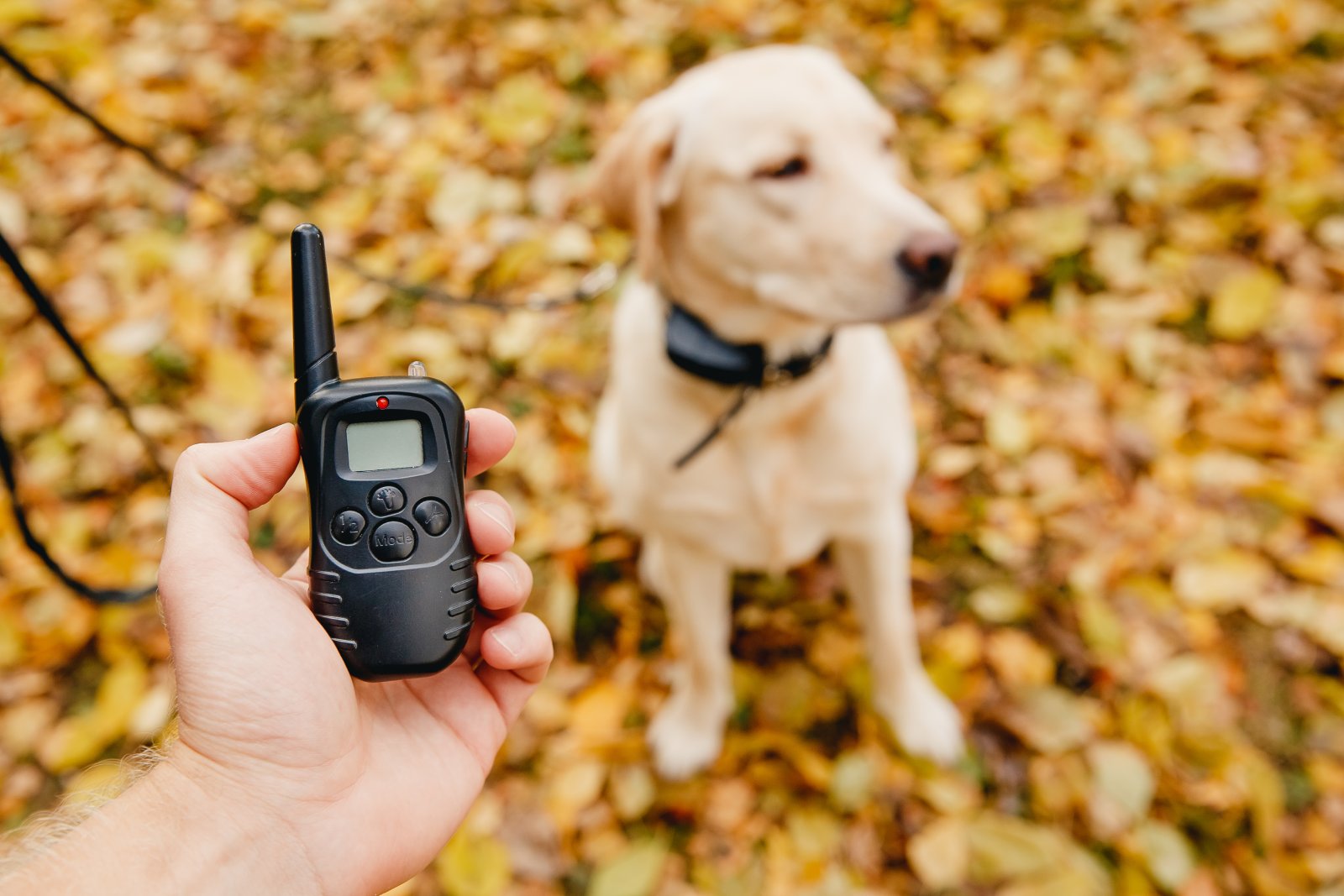
Using shock collars or choke chains? These devices can cause physical pain and psychological stress to your dog, which can deteriorate trust and increase aggression.
2. Stop Shouting

Do you find yourself shouting when your dog misbehaves? Raising your voice can scare your dog and lead to anxiety, undermining their trust in you.
3. Never Rub Their Nose in It
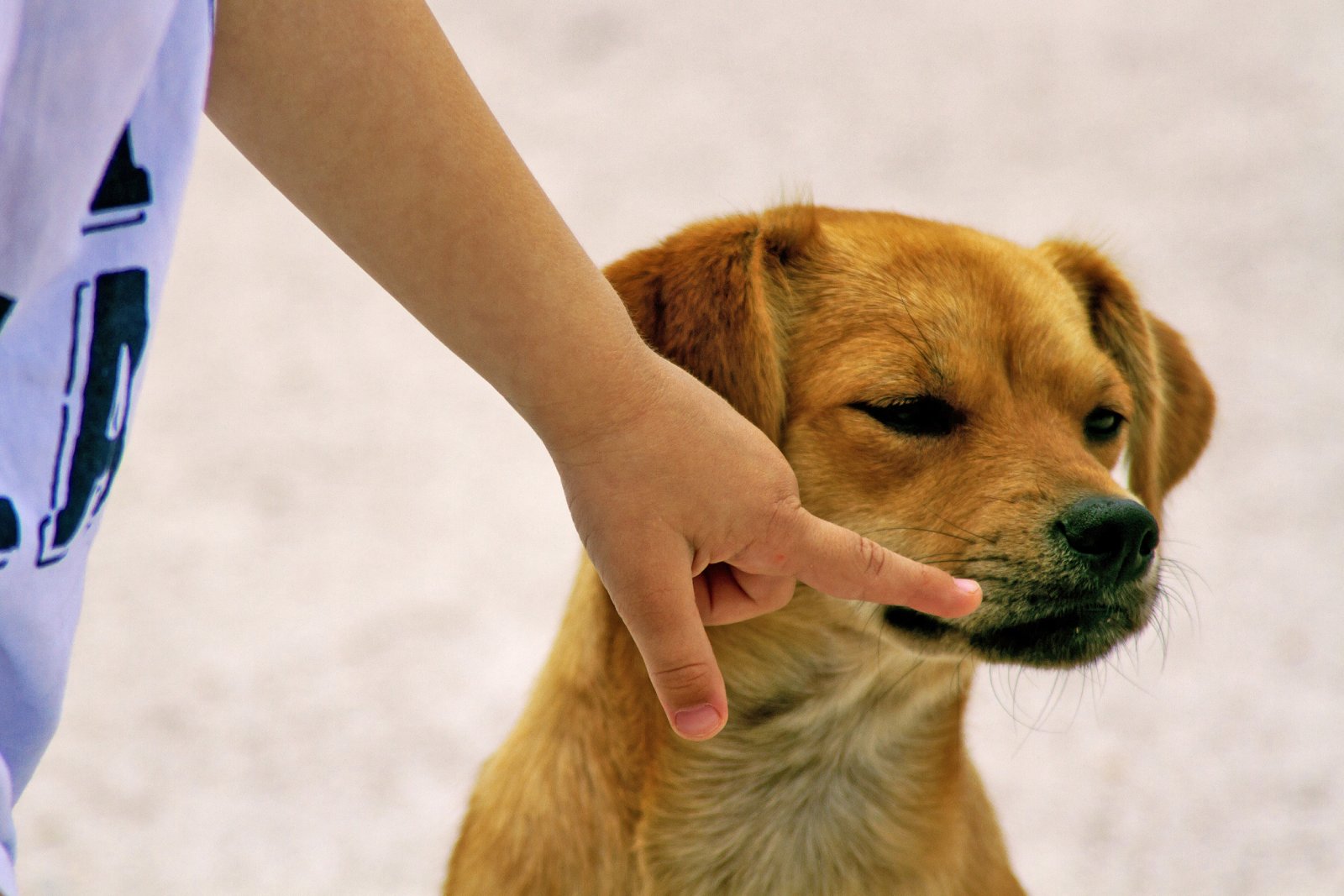
Rubbing your dog’s nose in an accident is not only ineffective but also humiliating for them. This practice can create anxiety and damage your relationship.
4. Limit Crate Time

Crating your dog for too long is not a solution for behavioural problems—it’s a recipe for anxiety. Ensure the crate remains a safe and positive space.
5. Avoid the Alpha Roll
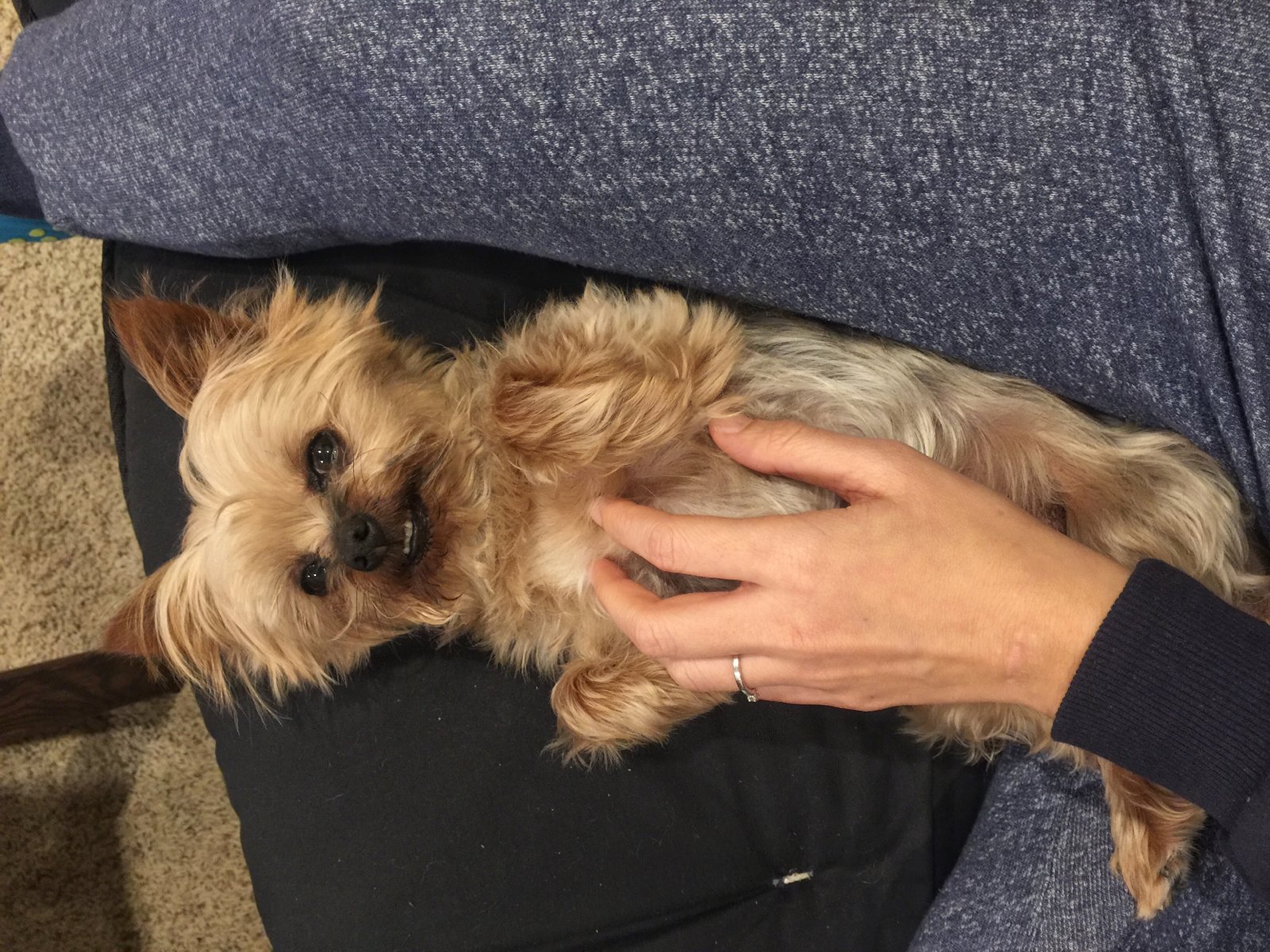
Forcing your dog to submit by rolling them onto their back undermines their trust in you. It’s an outdated technique that fosters fear, not respect.
6. Say No to Harsh ‘Training Collars’

Think prong and choke collars are necessary? They can cause significant discomfort and long-term harm. Opt for humane alternatives that encourage rather than punish.
7. Abandon the ‘No Pain, No Gain’ Mentality

Training should not involve pain or discomfort. If your training session could be described as rigorous, it’s time to rethink your methods.
8. Recognise Their Fears
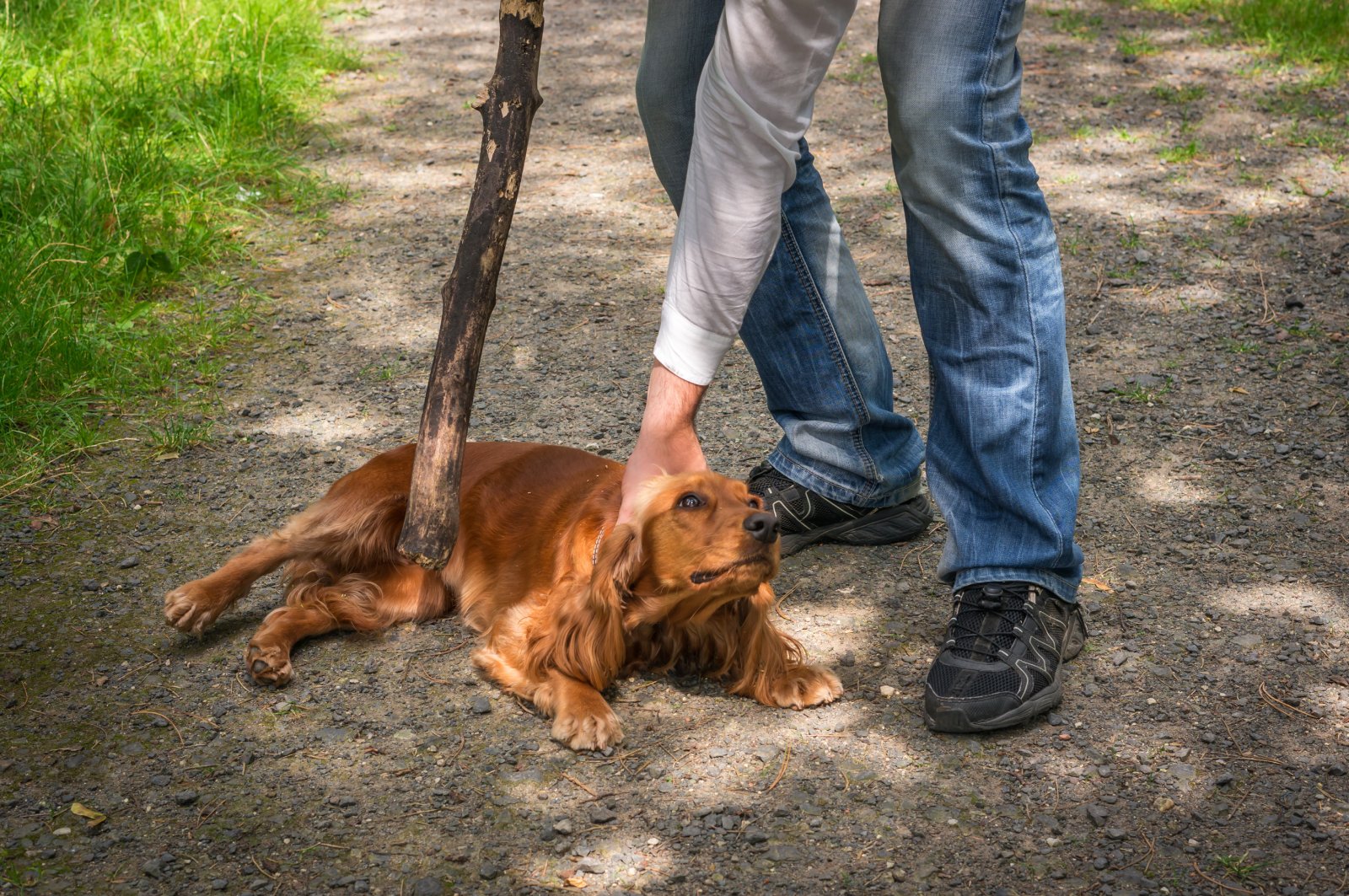
Forcing your dog to face their fears directly can make them worse. Use positive reinforcement to gradually desensitise them.
9. Stop Overtraining

Too much training can overwhelm your dog. Keep sessions short and engaging rather than exhaustive and frustrating.
10. Consistency Is Key
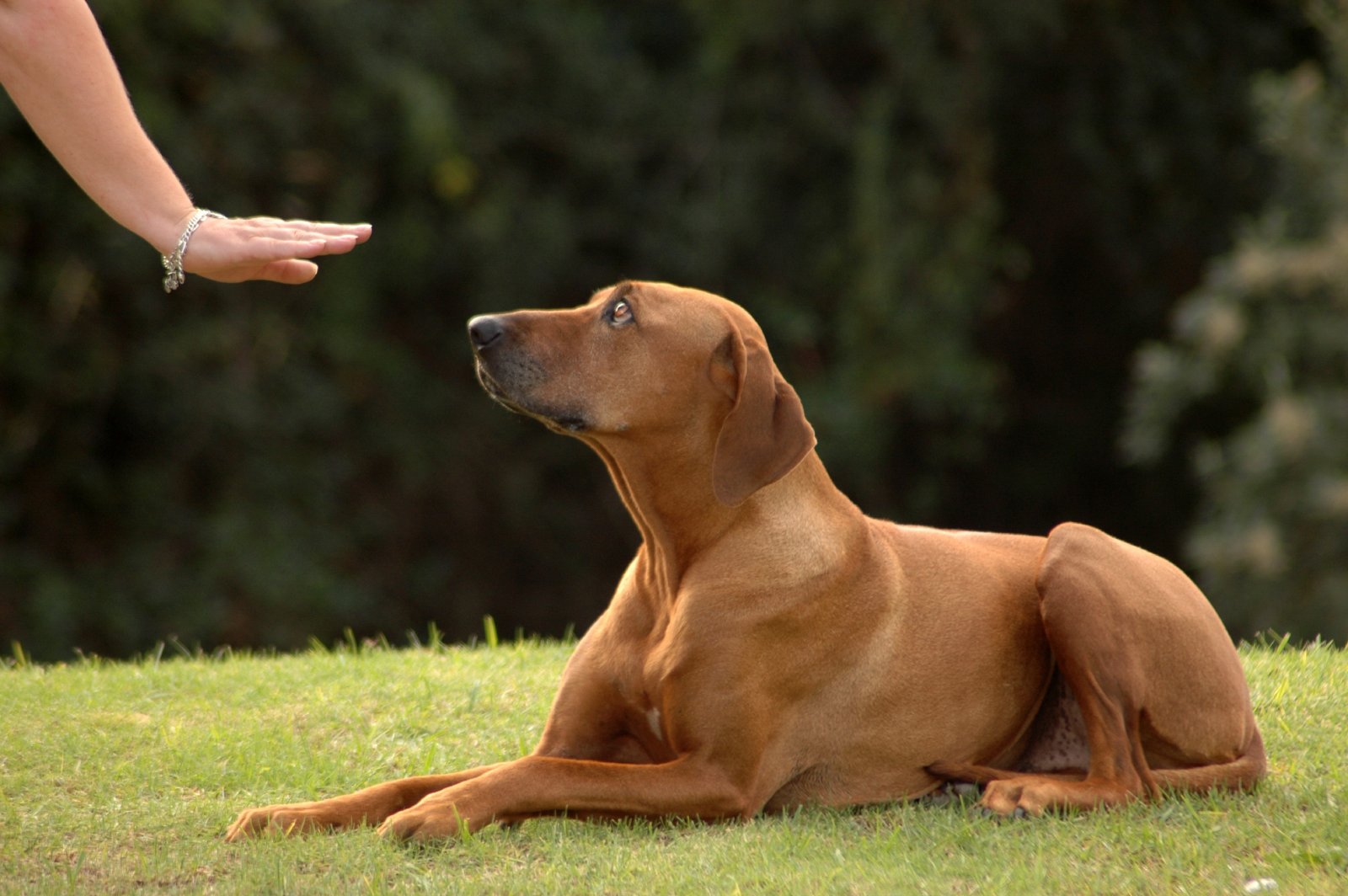
Sending mixed signals? Inconsistent rules can confuse your dog and lead to misbehaviour. Be clear and consistent with your commands.
11. Reward, Don’t Ignore
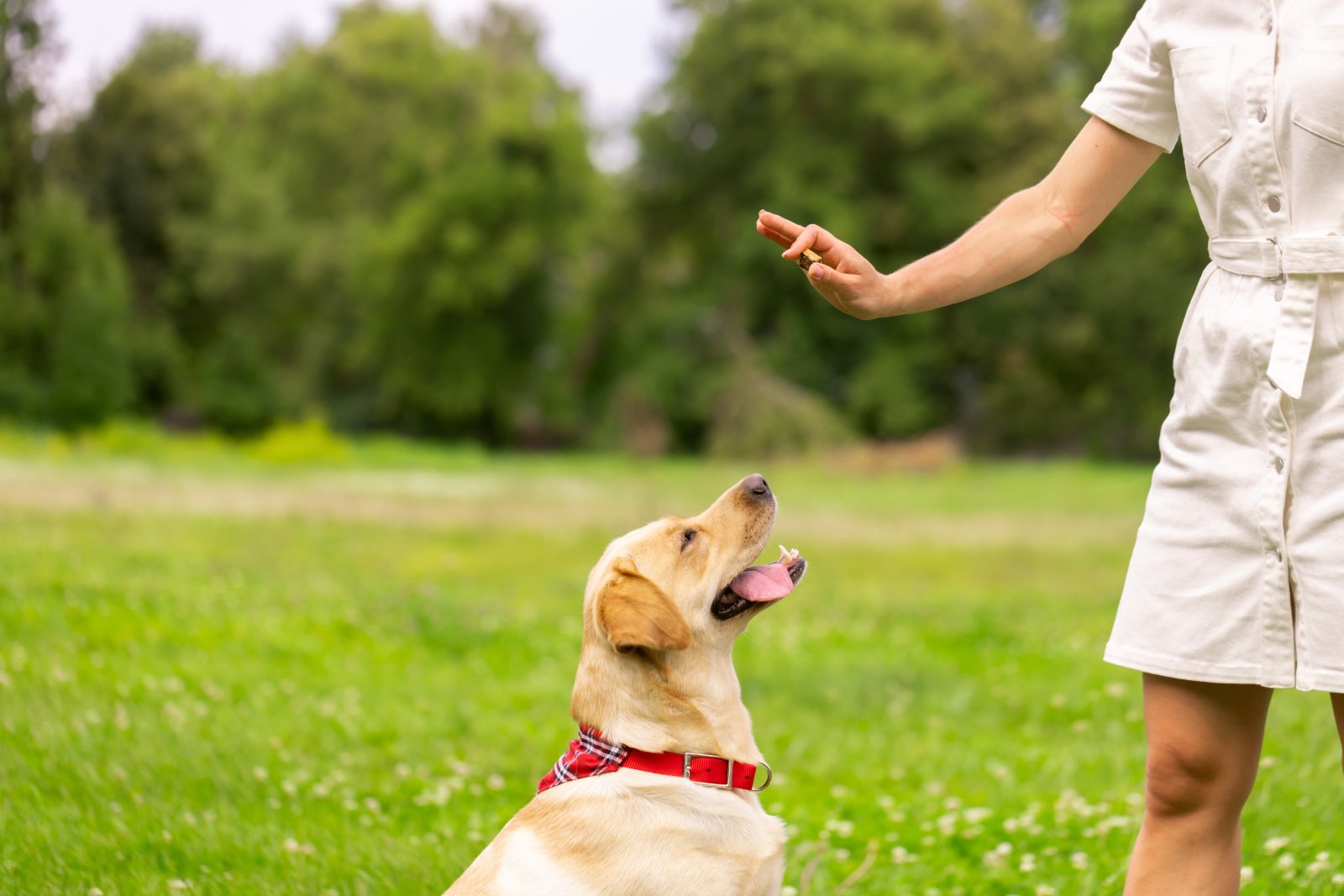
Failing to reward good behaviour can lead to a lack of motivation. Always acknowledge when they do things right.
12. Be Flexible With Training
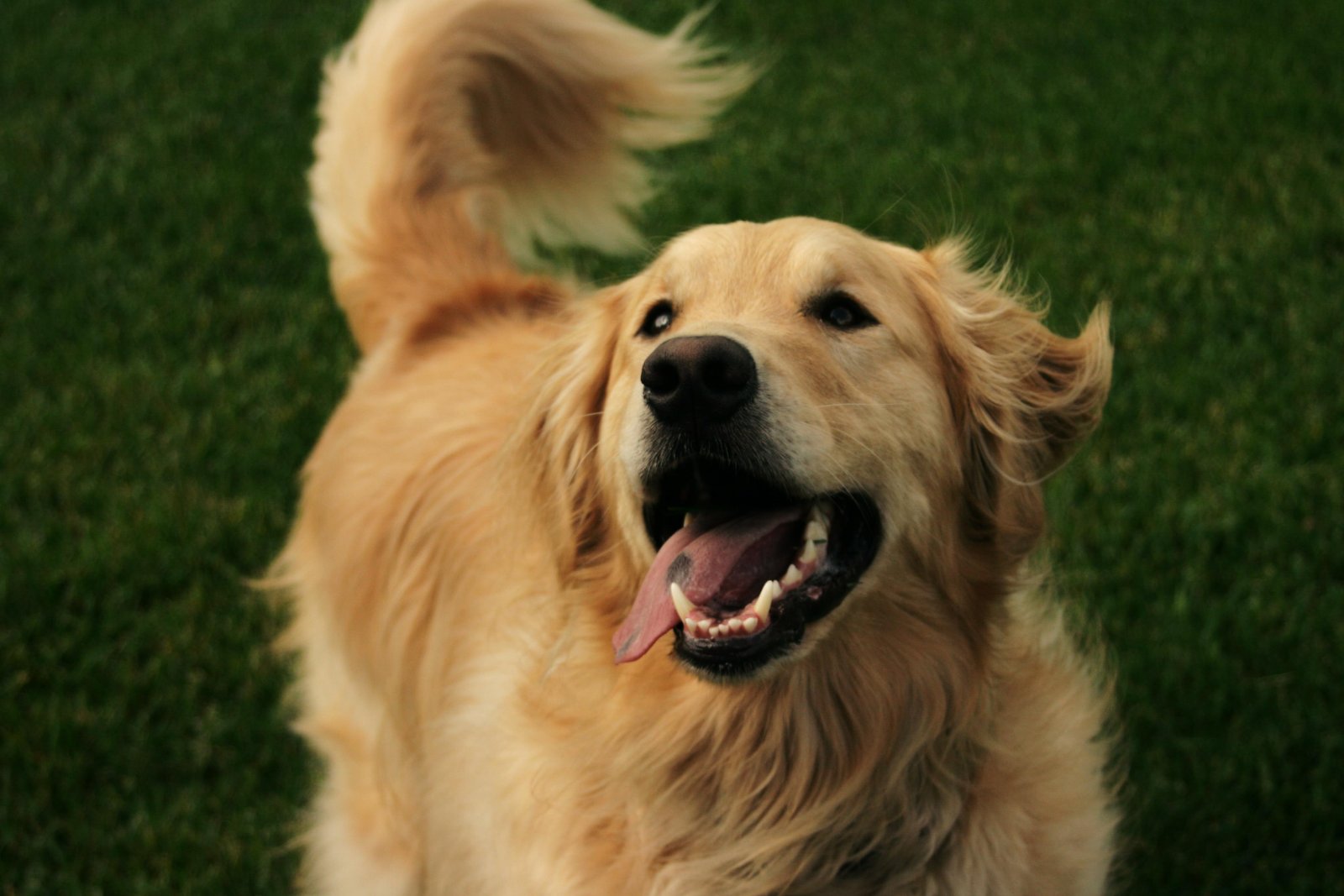
Your dog isn’t a robot. Adapt training sessions according to their mood and energy levels to keep them engaged and happy.
13. Ensure Proper Socialisation
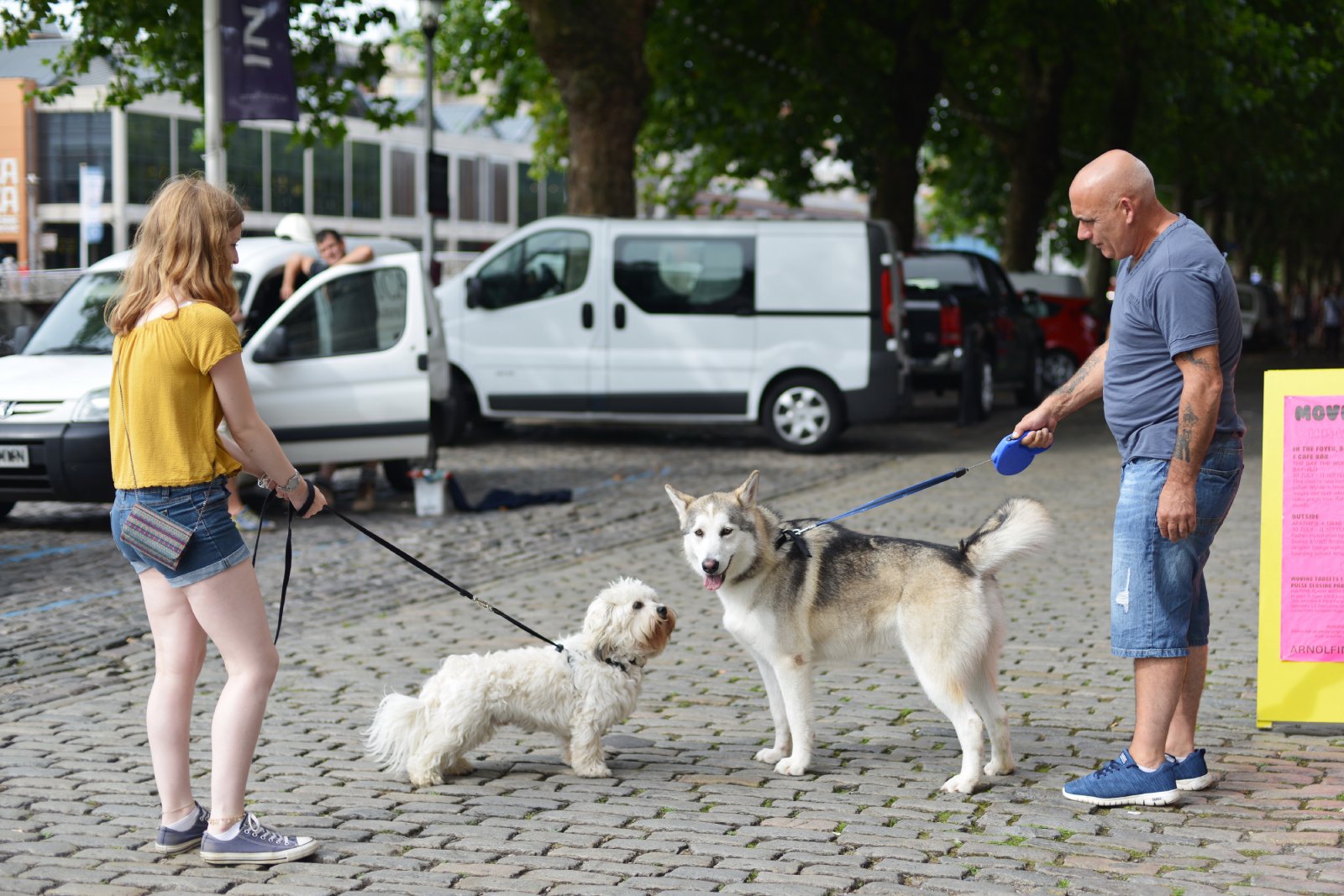
Neglecting proper socialisation can make your dog fearful or aggressive. Introduce them to a variety of people and other dogs in controlled settings.
14. Move Away From Negative Reinforcement
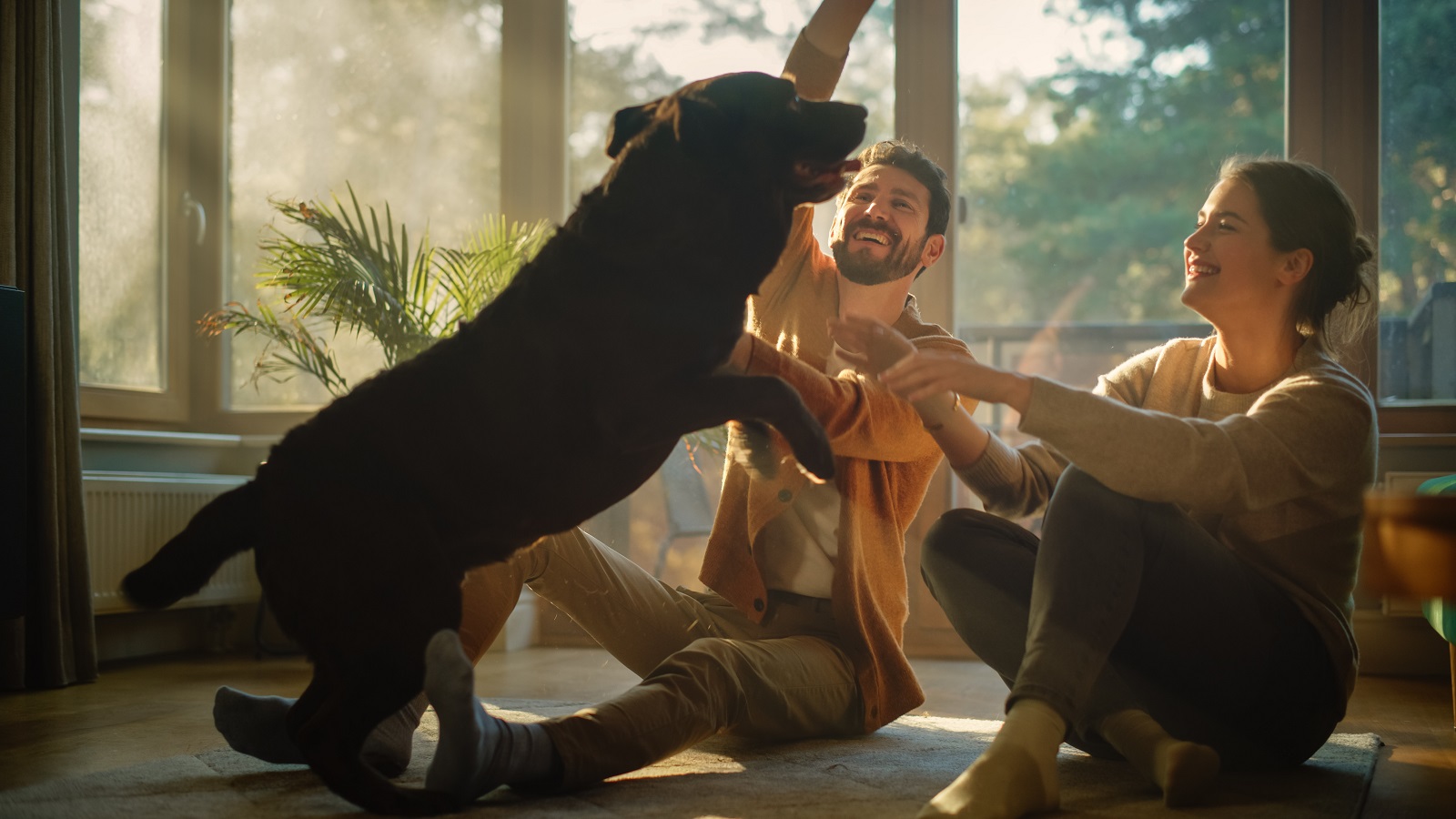
Relying on negative reinforcement? Switch to positive reinforcement techniques that reward your dog for desirable behaviour, building a stronger bond.
15. Update Your Methods

Sticking to what you think works? Training techniques evolve, and so should yours. Stay informed about the latest, humane training methods.
16. Consider Their Health

Behaviour changes might be health-related. Before getting frustrated, check if there’s an underlying medical issue affecting your dog’s behaviour.
Time to Reflect on Your Role

If any of these points made you wince, it might be time to rethink how you interact with your furry friend. Remember, training is about building trust, not fear.
The post Are You Traumatising Your Dog? 16 Training Tips to Stop Now first appeared on PawShore.
Featured Image Credit: Shutterstock / Piotr Piatrouski.
For transparency, this content was partly developed with AI assistance and carefully curated by an experienced editor to be informative and ensure accuracy.

